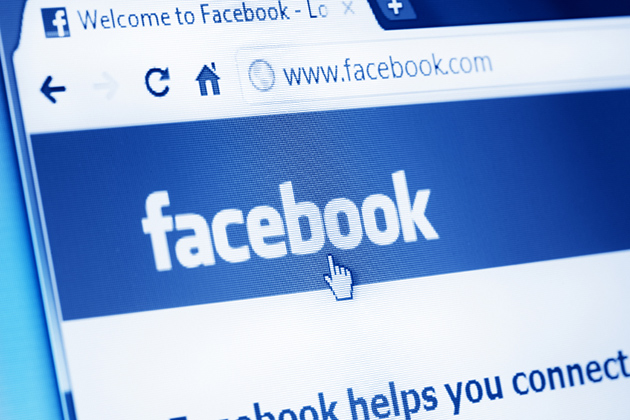
On Facebook’s login page, the site’s mission is boldly stated: “Facebook helps you connect and share with the people in your life.” But a recent UConn study suggests that connecting with others is not the only or even the primary motive for using Facebook.
The study, led by UConn professor of communication David Atkin, showed that more people use Facebook for entertainment than to communicate with others. And while extroverts see Facebook as an arena for self-expression, the more introverted use it to seek out information.

Atkin, whose research addresses new media influences, teamed up with UConn alumni Daniel Hunt, director of the Newbury College Communication Program, and Archana Krishnan, a postdoctoral research associate at Yale University, to investigate why people use Facebook, and how their motives vary according to their personality type.
Part of what the researchers hoped to determine was whether communication apprehension – discomfort with human interaction – affects motivations for Facebook use.
“We saw a revolution in the realm of communication research, in which fear of public speaking was found to be predicted by measures of communication apprehension,” says Atkin. “We were curious to see if this communication apprehension applied to a mediated context, and how it would affect Facebook use.”
The study, titled “The influence of computer-mediated communication apprehension on motives for Facebook use,” was published in the Journal of Broadcasting & Electronic Media in June 2012.
Of the 400 UConn undergraduates surveyed for this study, those who were not apprehensive about communicating reported that they used Facebook for entertainment. Many participants also claimed they used Facebook as a form of self-expression.
Individuals with communication apprehension, on the other hand, were more likely to use Facebook to seek information rather than for self-expression.
Atkin was surprised by these results, as he initially hypothesized that social media sites might be used as a way to compensate for introversion in other realms of communication.
“It turns out that people who are shy offline are likely to be shy online as well,” he says.
The researchers are now pursuing further research on how computer-mediated communication apprehension affects use of other social networking sites, including a study of online dating. Says Atkin, “We are looking to explore the personality types that are most interested in other forms of online communication.”



